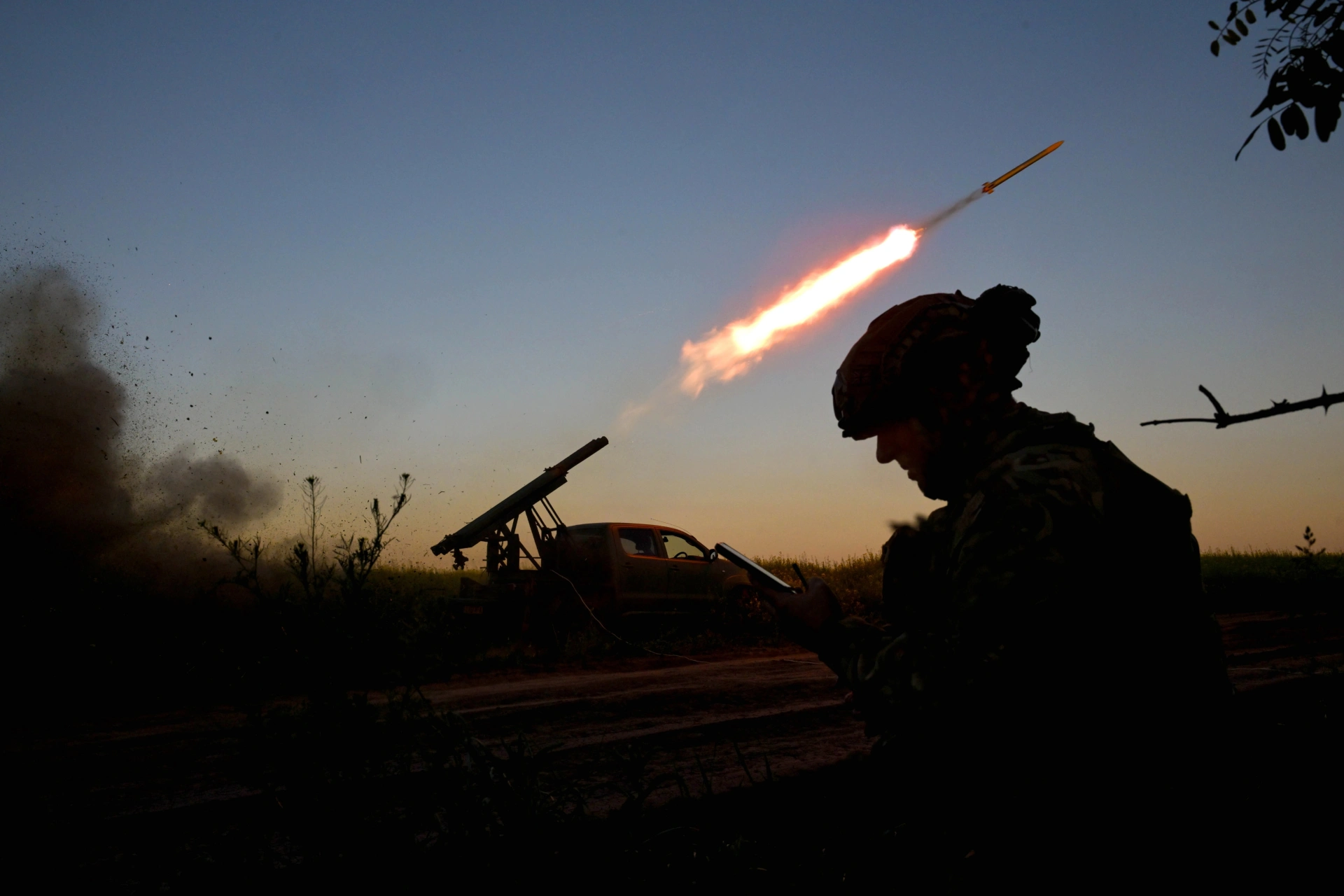Averting Major Power War
The Logic of Mutual Assured Survival
Overview
Although no two major powers have openly fought in over three-quarters of a century, growing tensions between the United States, China, India, and Russia threaten renewed conflict. CFR’s Paul B. Stares argues a new logic—“mutual assured survival”—could keep the peace.
BY
- Paul B. StaresGeneral John W. Vessey Senior Fellow for Conflict Prevention and Director of the Center for Preventive Action
The Great Power Peace has tenuously held since the end of World War II. However, it now appears on shakier ground than ever before. Following Russia’s shocking invasion of Ukraine in 2022, as well as increasing tensions between China and the United States over the status of Taiwan, a clash between the world’s major nuclear-armed powers is a frightful possibility. For the first time since the end of the Cold War, the official National Security Strategy of the United States declared that “the risk of conflict between major powers is increasing.”
Undoubtedly, such a conflict would cause unprecedented human, environmental, and economic damage. As noted by Ronald Reagan and Mikhail Gorbachev in 1985—and reiterated by Joe Biden and Vladimir Putin in 2021—“a nuclear war cannot be won and must never be fought.” While a clear sentiment, how to ratchet tensions down and sustainably coexist is considerably less clear. Moreover, the need for international cooperation to address issues such as climate change, artificial intelligence, and future pandemics is greater than ever.
Paul B. Stares, the General John W. Vessey senior fellow for conflict prevention and director of the Council on Foreign Relations’ Center for Preventive Action, argues that the best chance to avoid a cataclysmic major power war is through the adoption of “mutual assured survival,” a practical set of guidelines for collective coexistence that reinforce each country’s sense of existential security, minimize the risk of unintended escalation, and facilitate progress on managing common threats to humanity.
“For as long as the major powers remain fearful that they can be intimidated, coerced, and ultimately attacked by a rival in ways that not just undermine their security and political independence but ultimately threaten their very existence as sovereign states, the risk of dangerous crisis incidents and interactions will remain significant,” Stares argues.
A policy of mutual assured survival rests on several pillars, including but not limited to greater transparency over nuclear weapons protocols, bolstering crisis prevention systems and military-to-military hotlines, and refraining from interfering with each others’ internal politics and economies.
“Establishing a relationship of collective coexistence through mutual assured survival will ultimately hinge on whether each power would find such a relationship to be more beneficial to its overall security and well-being than the prospect of unbridled strategic rivalry,” Stares argues. “There are good reasons to believe each would.”
This is the twelfth Discussion Paper in the Managing Global Disorder series, which explores how to promote a stable and mutually beneficial relationship among the major powers that can in turn provide the essential foundation for greater cooperation on pressing global and regional challenges.
This Discussion Paper was made possible by a grant from the Carnegie Corporation of New York. The statements made and views expressed are solely the responsibility of the author.
Professors: To request an exam copy, contact [email protected]. Please include your university and course name.t





